Continuing the program of the 8th Session, 15th National Assembly, this morning (November 22), the National Assembly discussed in groups the Draft Law on Corporate Income Tax (amended). Many delegates agreed to add taxpayers to business organizations and cross-border electronic platforms and suggested that the drafting committee should clarify incentives for areas that encourage businesses to do business, to avoid affecting investment attraction.
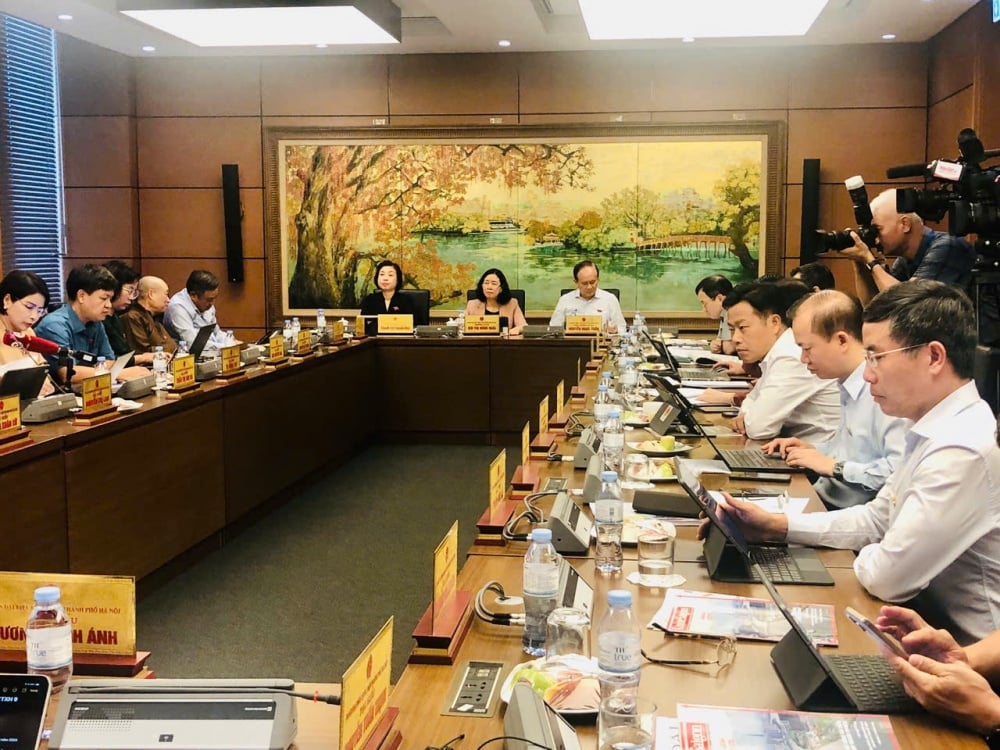 |
| Delegation of National Assembly of Hanoi City discussed in groups |
Commenting on the draft Law on Corporate Income Tax (amended), delegate Hoang Van Cuong, Hanoi delegation, expressed his agreement with the draft law adding taxpayers to entities and organizations doing business on cross-border electronic platforms. He said that "regardless of whether these entities have a commercial presence in Vietnam or not, they must pay taxes to be fair to those doing business directly in the country, as well as those doing business on domestic electronic platforms. With their two obligations. First, they must be responsible for collecting taxes on goods sold, declaring taxes and paying taxes on behalf of buyers. Second, they must also pay corporate income tax".
Delegate Le Minh Nam, Hau Giang delegation, suggested that it is necessary to assess the feasibility in the implementation process. He suggested that it is necessary to assess the ability to collect corporate income tax in practice for foreign enterprises not present in Vietnam in the case that these enterprises sell and supply goods to Vietnam through e-commerce trading floors. This is related to international practices as well as international tax agreements that Vietnam has participated in, which need to be assessed to consider the feasibility in the implementation process.
Expressing concerns about the provisions of the draft Law on Corporate Income Tax (amended), delegate Nguyen Thi Phu Ha, Hoa Binh delegation, requested an assessment of the impact if the application affects investment attraction.
“Regarding the synthesis of incentives of specialized laws in this Law on Corporate Income Tax, compared to current specialized laws, the scope of this draft law is much narrower. Comparing and it is also not consistent with the provisions of the subjects that are subject to incentives of the Investment Law and of a number of specialized laws and the current laws that we are submitting to the National Assembly for comments are also not consistent. According to the provisions of the Law on Promulgation of Legal Documents, the later law overlays the previous law and is no longer applicable, so is there any confusion and does it have any impact on the story of attracting investment? We also request that the Drafting Agency clarify this content and also clearly show the impact assessment if we adjust the related content,” the delegate suggested.
Stating that in the process of socio-economic development, the business force is one of the main pillars contributing to economic development and budget contribution, delegate Nguyen Truc Son, Ben Tre delegation suggested trying to make it deeper and clearer. One is when taxing, clearly distinguish the scope, fields and industries that are given investment incentives, or special investment incentives. Second is the areas of special socio-economic difficulties or areas of difficult socio-economic difficulties. Third is investment in economic zones, industrial zones, export processing zones, so that when businesses invest in fields and industries or areas, they must be clear about the regimes and policies."
Believing that the current tax policy has not encouraged businesses to invest in high-tech and innovation in particularly difficult socio-economic areas, delegate Nguyen Nhu So, from Bac Ninh, said that the Drafting Committee should study and add an additional subject of actual expenses for research and development activities equal to 150% of the actual costs of these activities when calculating corporate income tax. Currently, Vietnam is making efforts to transform its models towards growth based on knowledge and innovation. This policy not only creates direct financial conditions for businesses but also encourages them to take more risks in technology projects and develop new products.
Also this morning, discussing the Draft Law on Special Consumption Tax (amended), delegates agreed to increase tax rates on alcohol and beer to limit the abuse of alcohol and beer, which is harmful to people's health and social order and safety. This regulation will also reduce the burden of medical costs for people due to the harmful effects of alcohol and beer, keeping people safe when participating in traffic. However, delegate Ta Van Ha, Quang Nam delegation; delegate Nguyen Hoang Mai, Tien Giang delegation suggested considering a suitable implementation roadmap, in order to create conditions for businesses, markets, and consumers to adapt to the tax increase in the coming time.
Delegates also proposed considering adding sugary soft drinks and air conditioners to the list of subjects subject to special consumption tax.
Regarding the addition of absolute tax on tobacco products, according to delegates, it is necessary to increase tobacco tax. Because tobacco use causes 28 groups of diseases. It is estimated that Vietnam has more than 84,500 deaths due to active smoking and 18,800 deaths due to passive smoking. In addition, about more than 20% of non-communicable diseases are caused by tobacco use.
This afternoon, delegates discussed in groups the Draft Law on amending and supplementing a number of articles of the Law on Technical Standards and Regulations and the Draft Law on amending and supplementing a number of articles of the Law on Supervisory Activities of the National Assembly and People's Councils.
Source: https://thoibaonganhang.vn/de-nghi-can-nhac-gian-thoi-gian-chiu-thue-va-doi-tuong-chiu-thue-cho-phu-hop-158059.html






























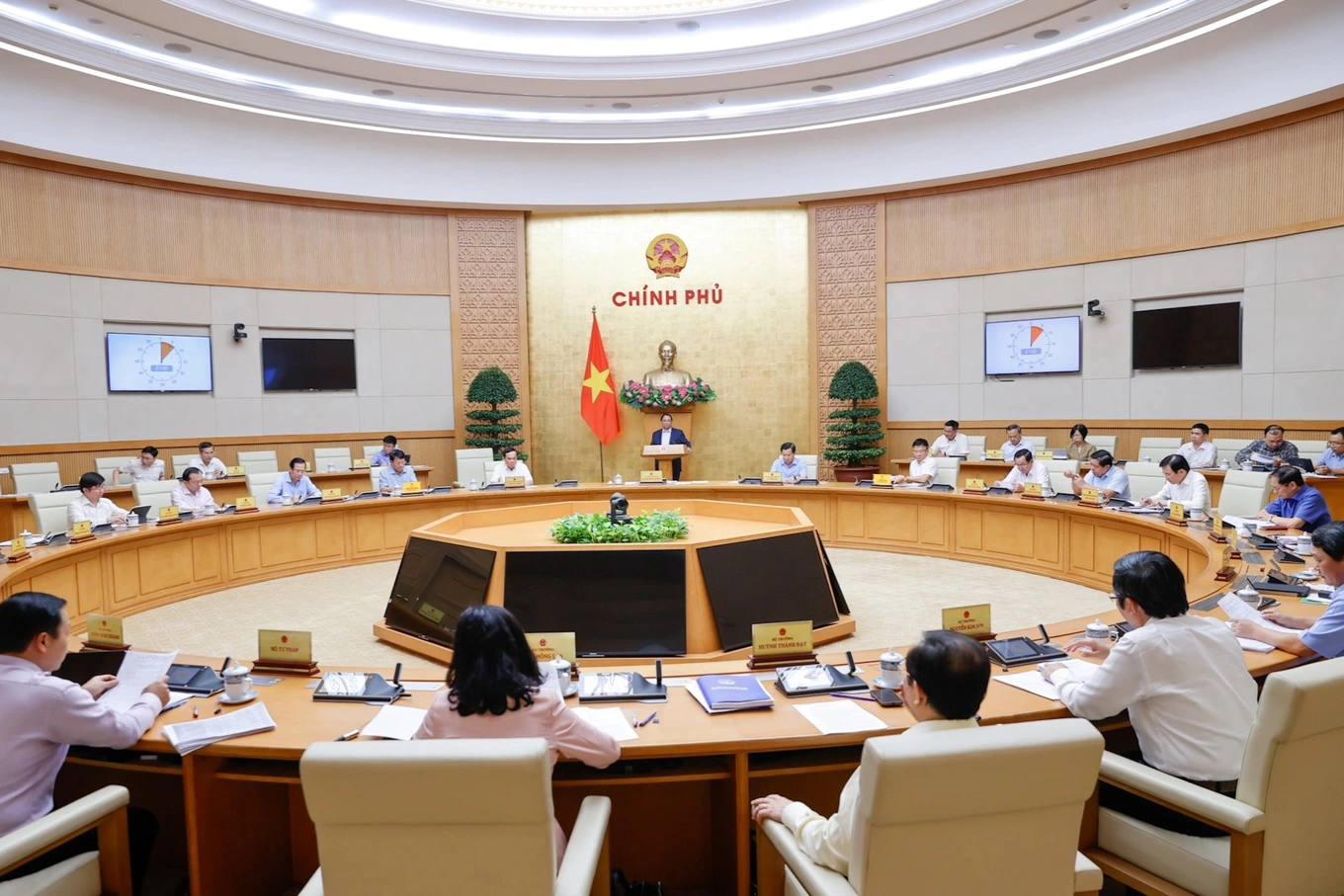

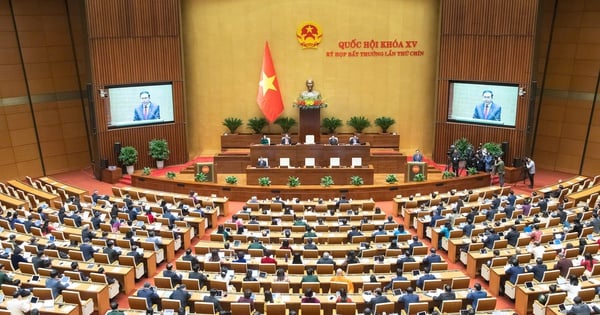

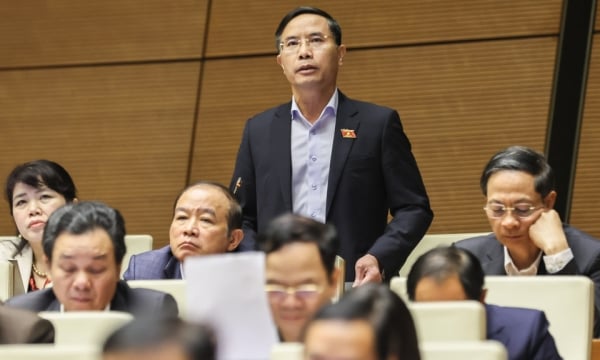
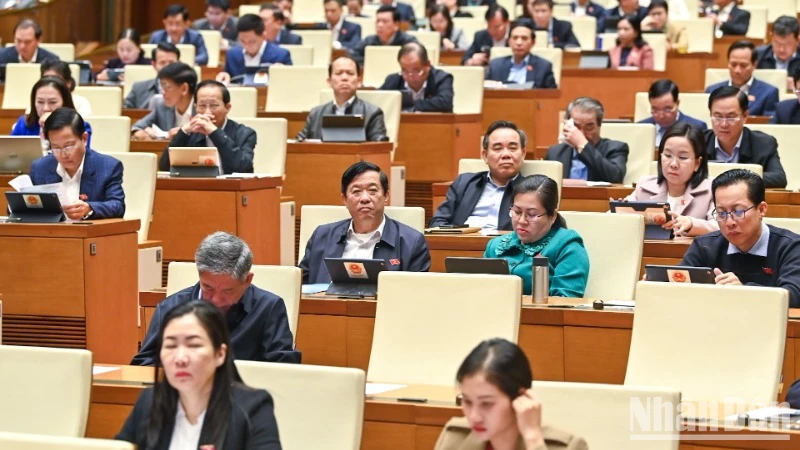

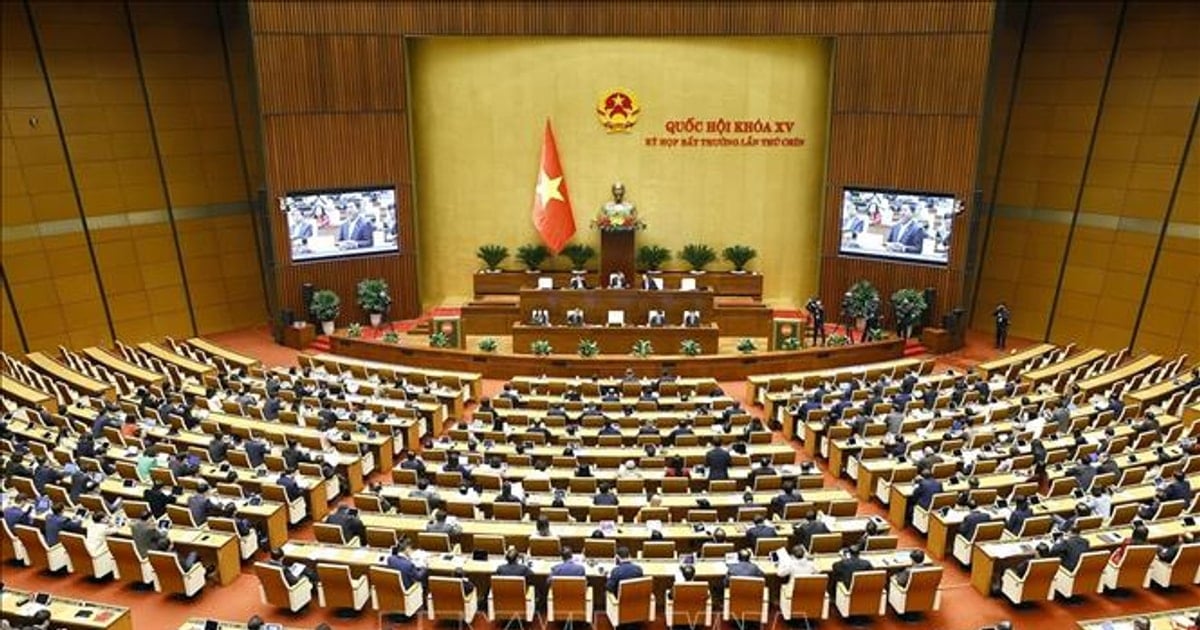

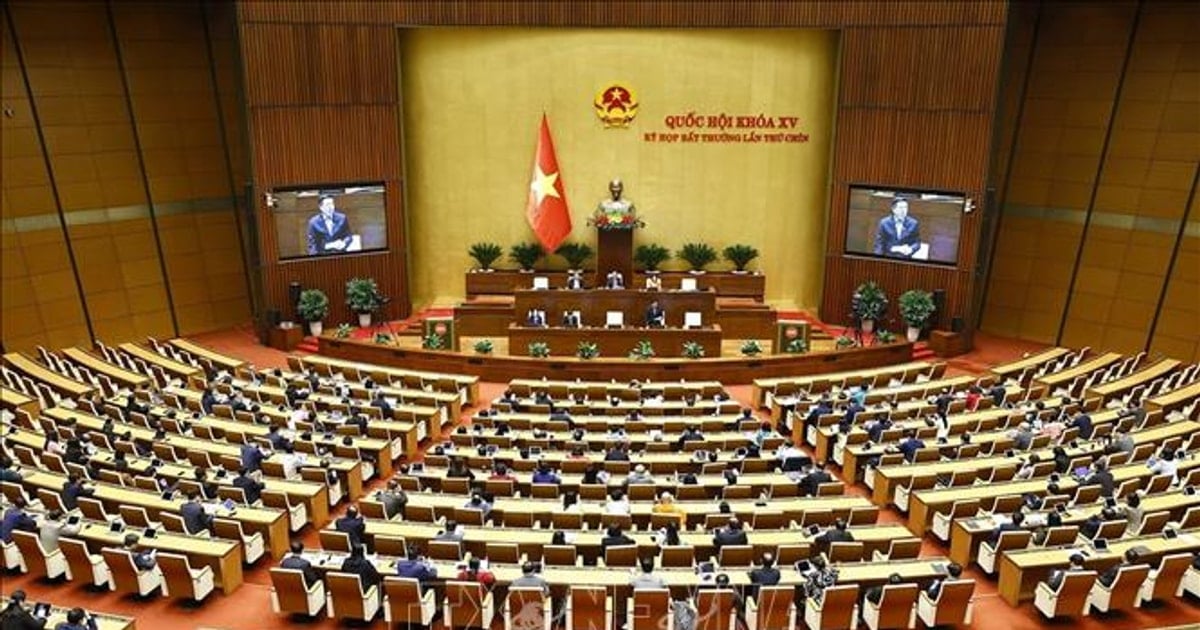


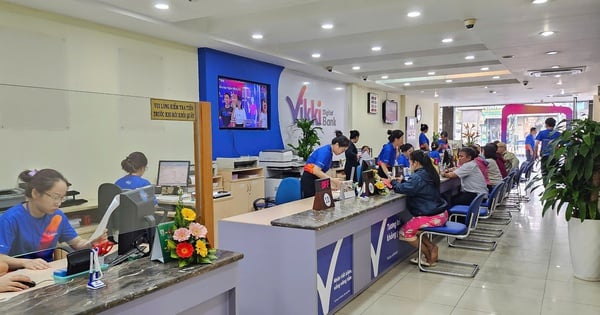

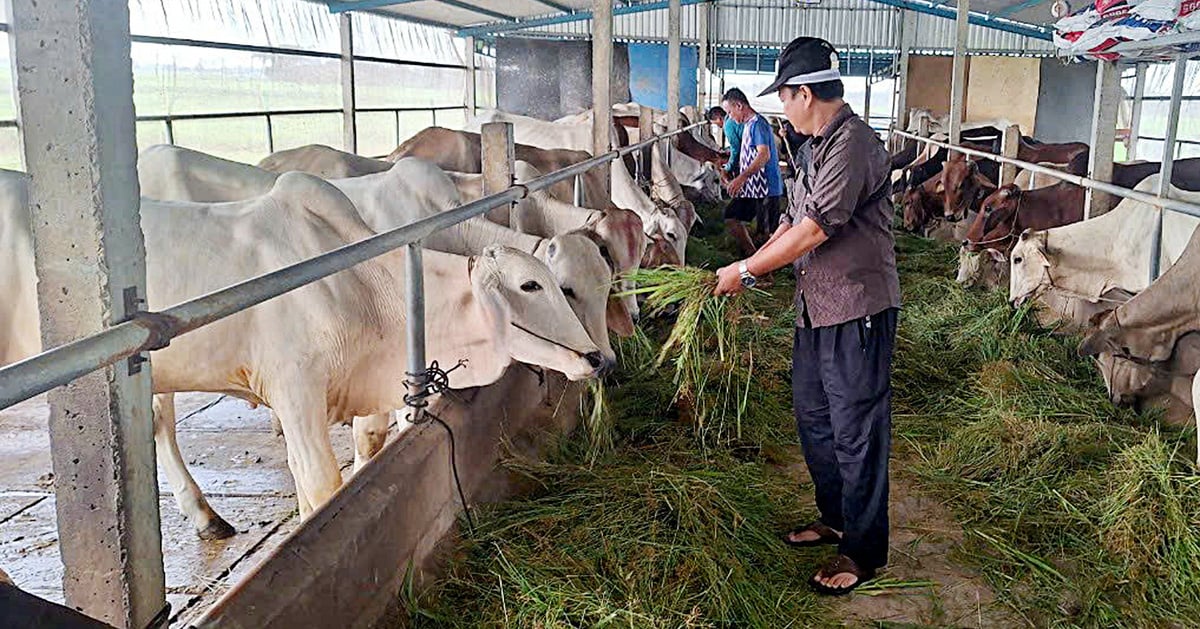

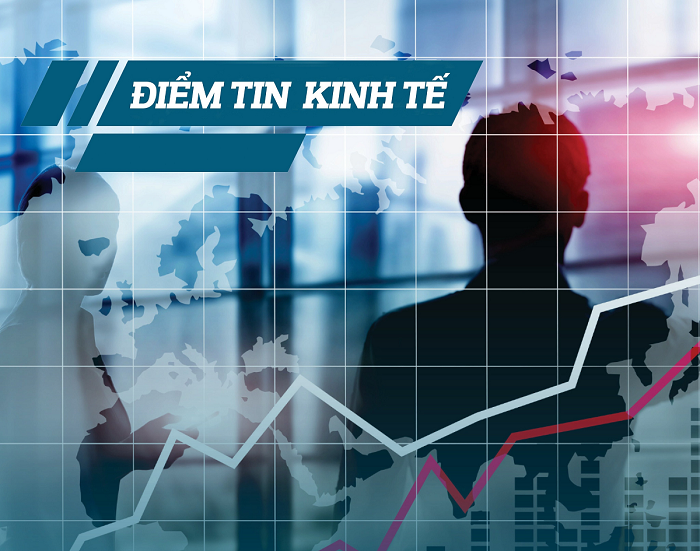
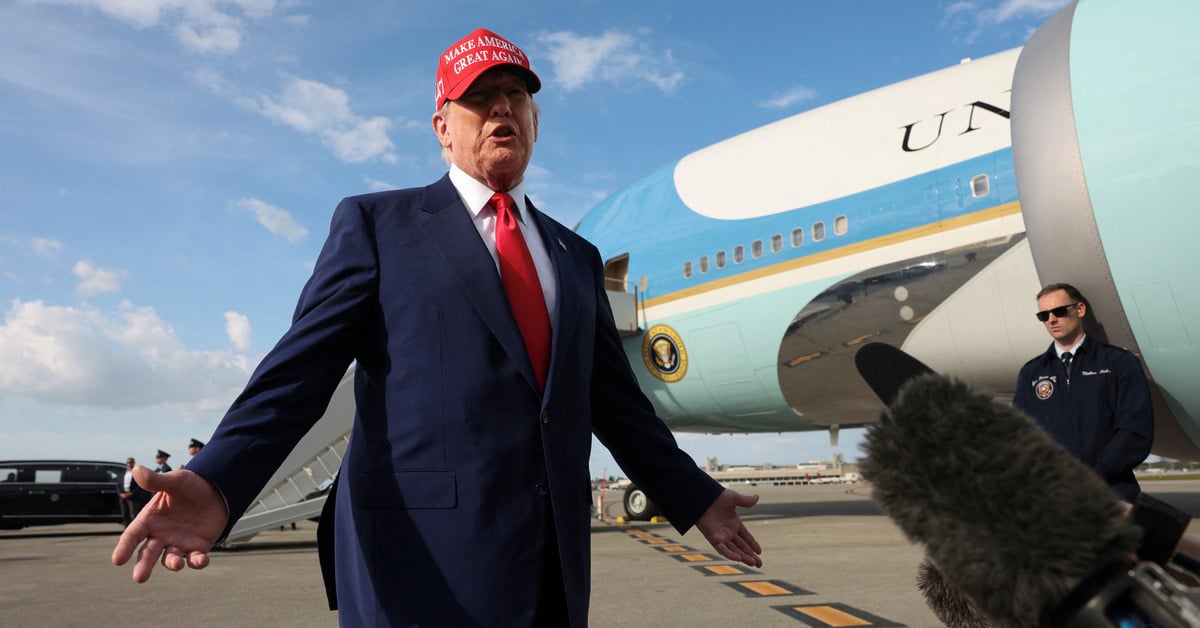
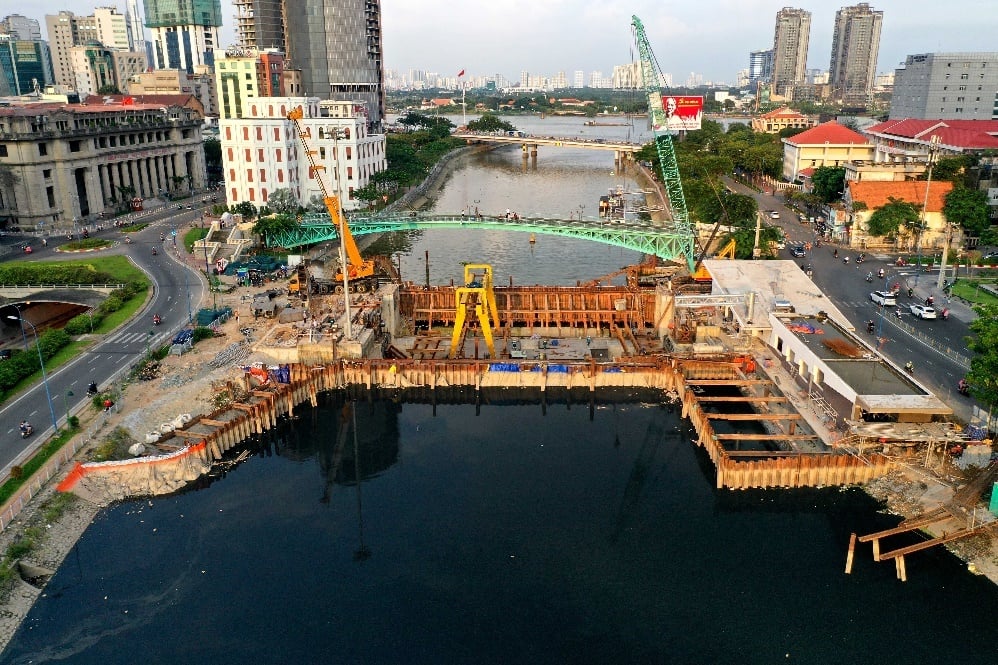
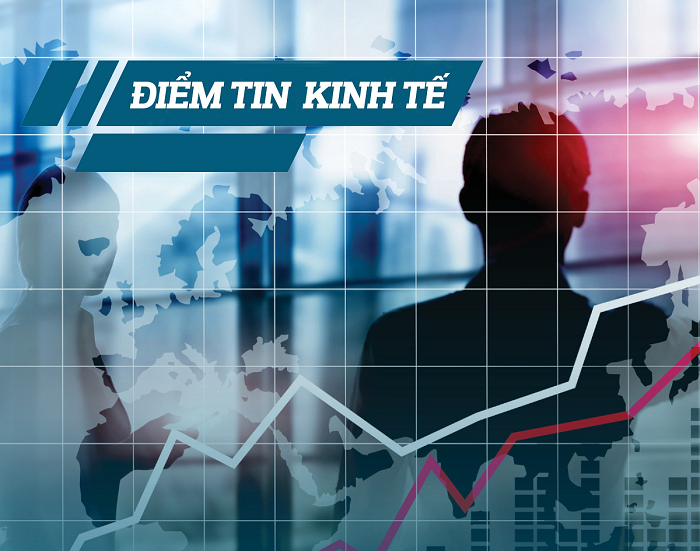
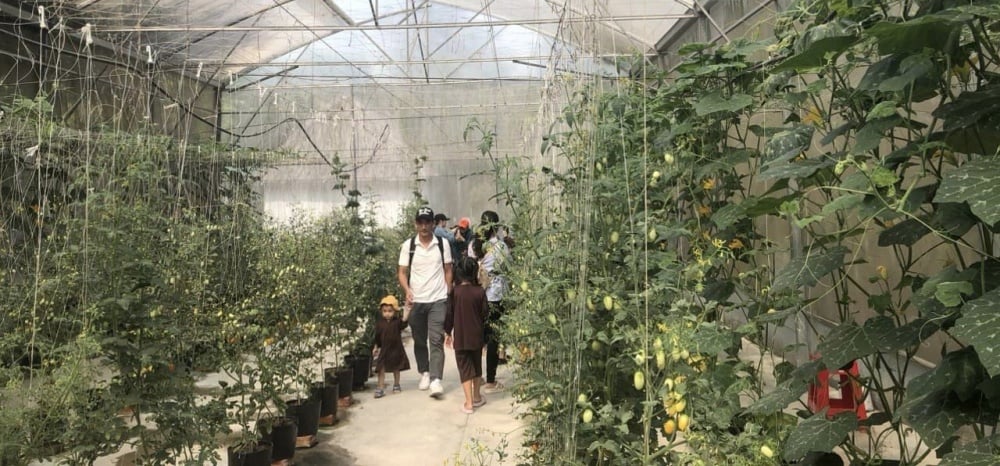
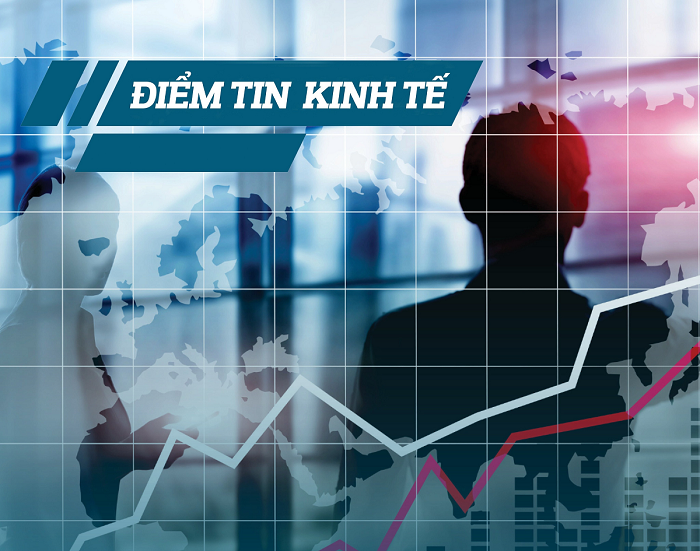
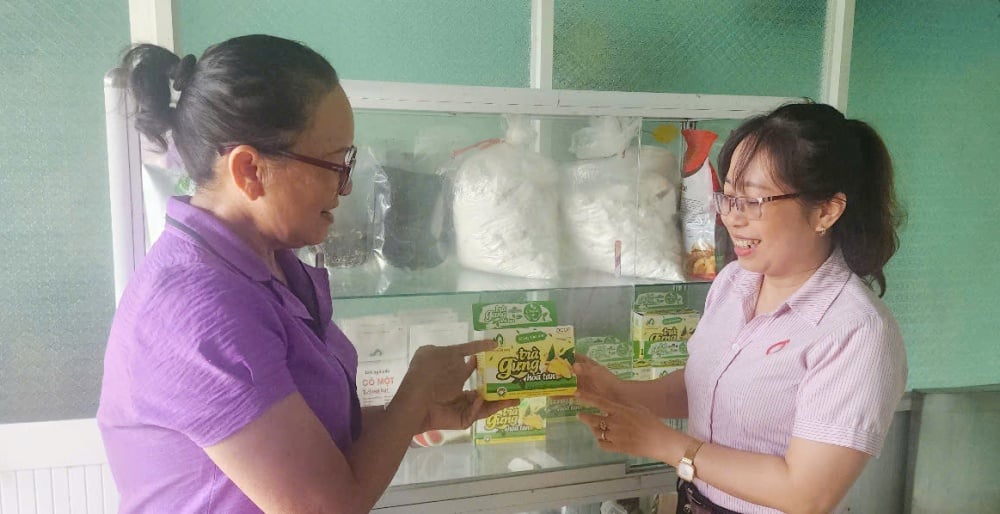





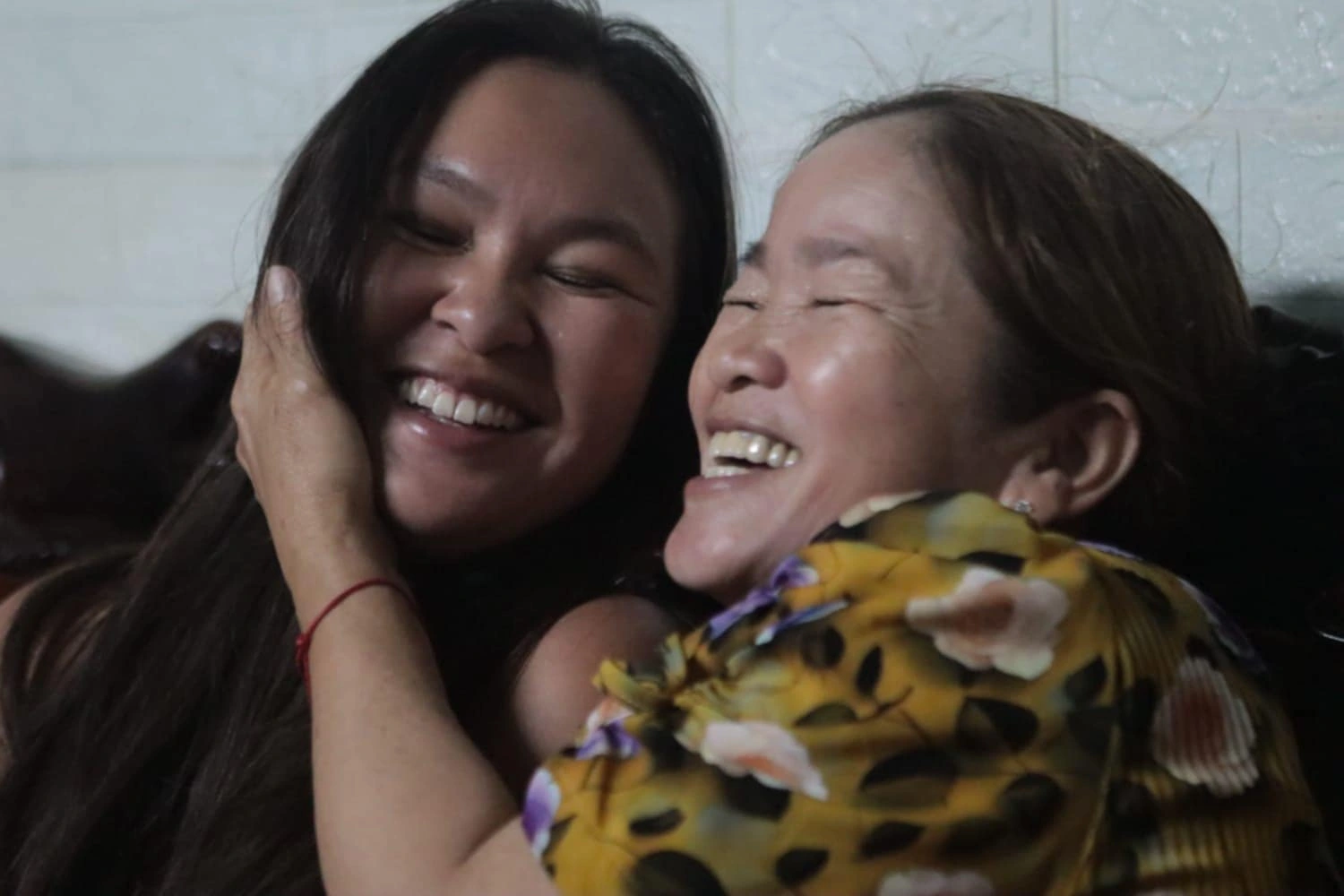







Comment (0)